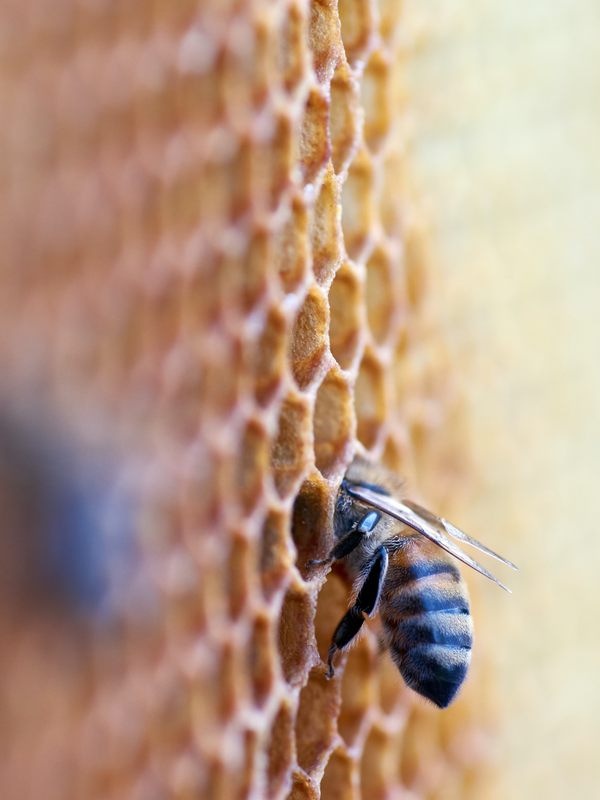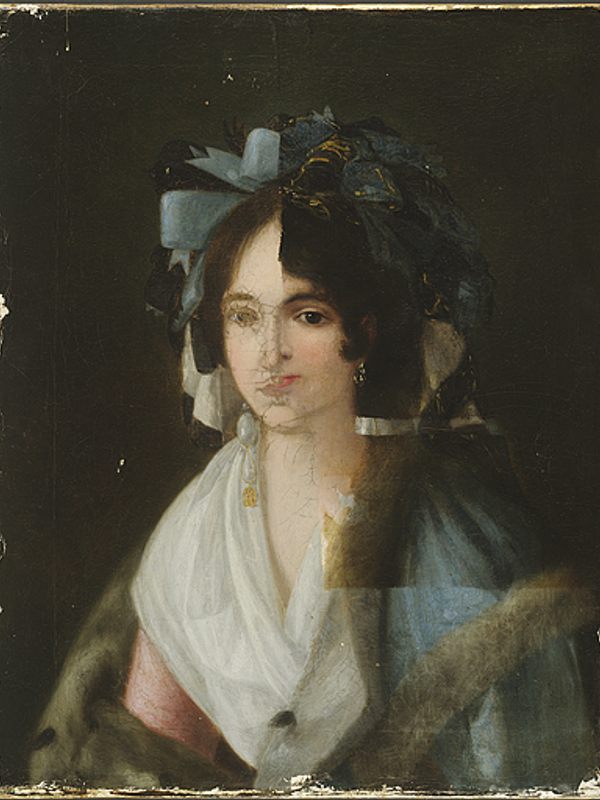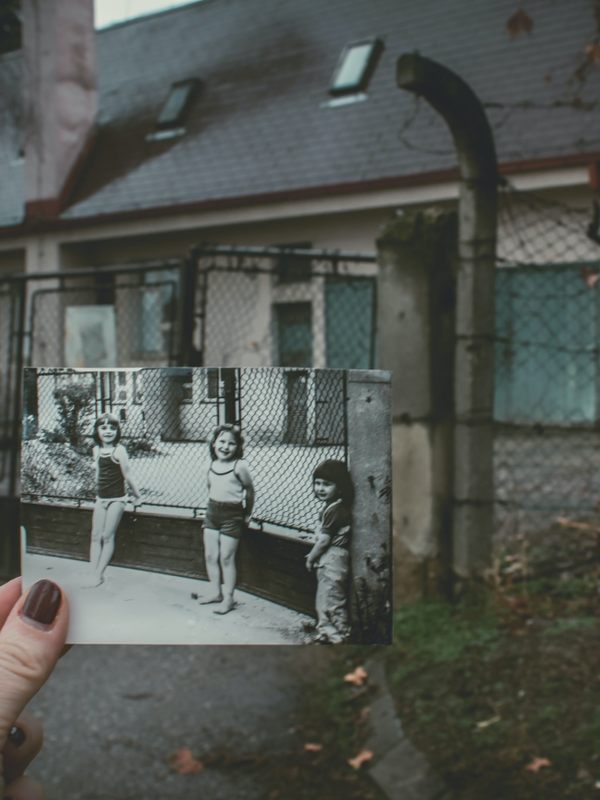Designing Soft Circuits & E-Textiles With Linh My Truong
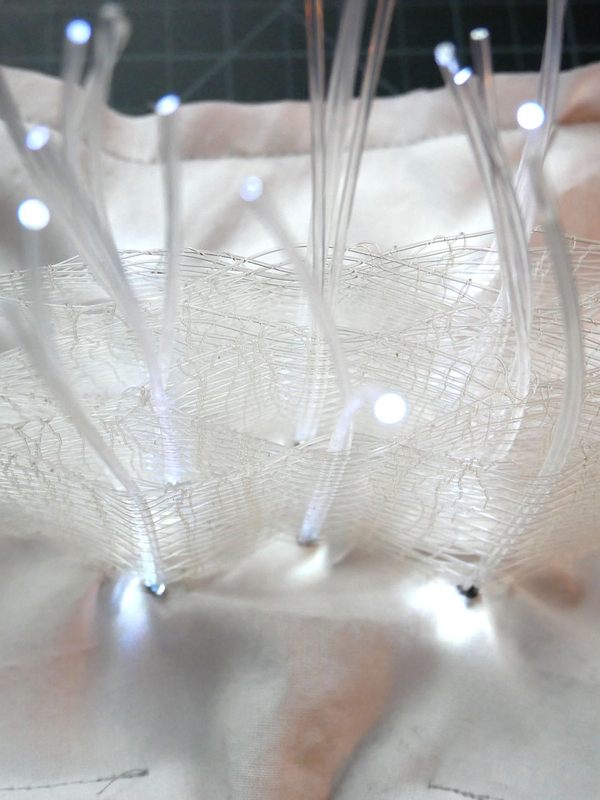
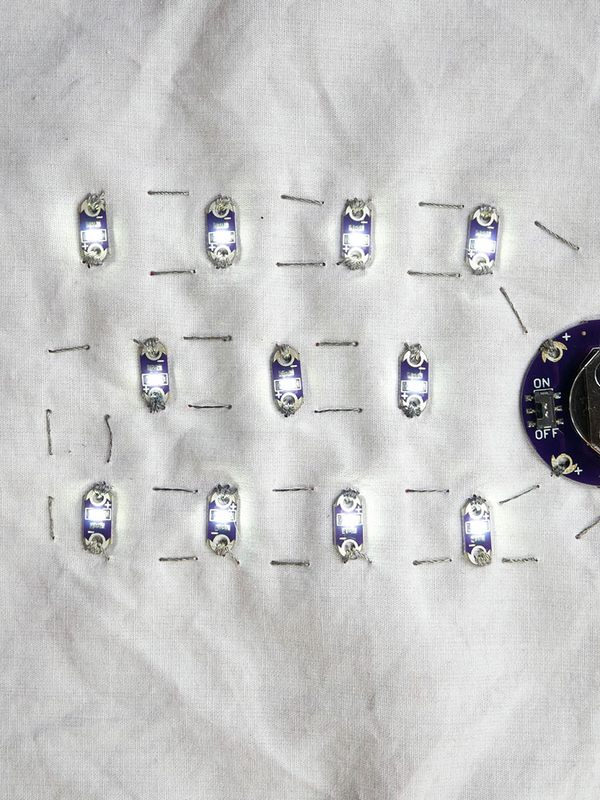
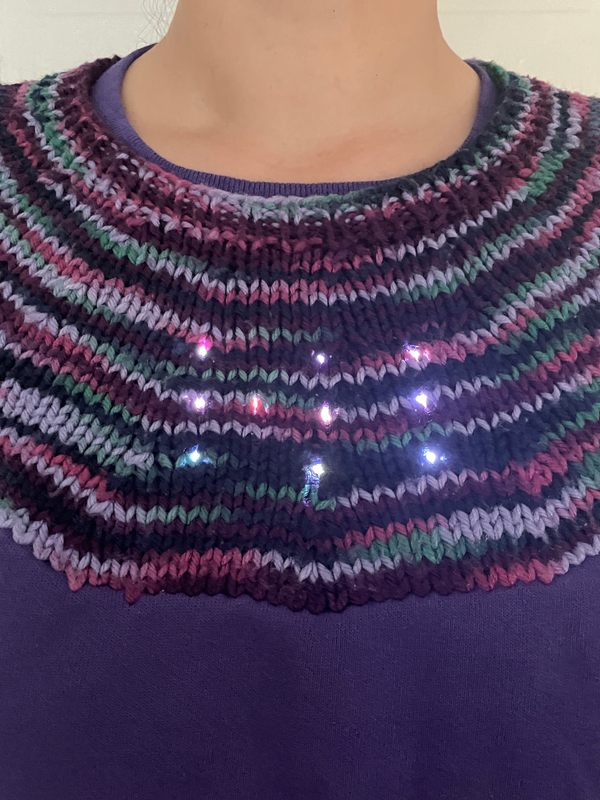
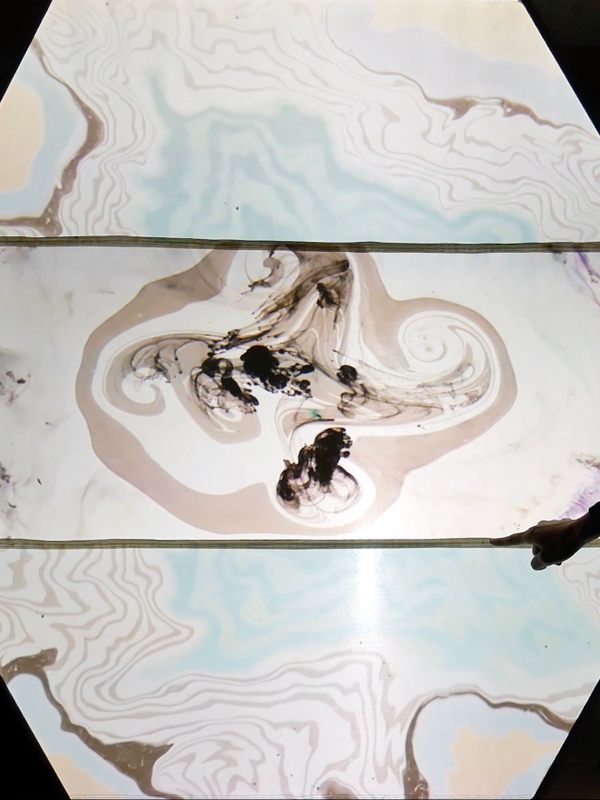
In this 4-part seminar, learn about embedded electronic circuits in fabric, exploring everything from the basics of circuits to hand-sewn sensors.
Course Description
Life is full of sensory information—of light, sound, and motion that can be captured with sensors and converted into digital data, fodder for tiny computers known as microcontrollers. In this exploratory seminar taught by interdisciplinary artist, educator, and tinkerer Linh My Truong, we’ll explore how to embed these circuits into wearable and soft objects in pursuit of crafting pieces ranging from elaborate LED cosplay outfits to midi controllers made of fabric. We’ll begin by learning how to create a basic sewn circuit with an LED before incorporating more electronic elements into our working knowledge and progressing to an Arduino-programmed soft circuit with a sensor. By the end of our time together, you’ll not only have a foundational understanding of the basic concepts of electronics, Arduino microcontrollers, and hand sewing, but also a wearable e-textile project of your own design, informed by guidance from your instructor!
This course is appropriate for students of all levels; no prior experience with circuits or sewing is necessary to participate.
Syllabus at a Glance
This course includes four total sessions, each lasting two hours on four consecutive Wednesdays starting March 6.
Session 1 (Wednesday, 3/6, 7–9:00 PM ET)| Starting the Circuit: Introduction to e-textiles, how a circuit works, and creating our first sewn circuit with LED
Session 2 (Wednesday, 3/13, 7–9:00 PM ET)| Switches, Buttons, and Sensors: Introducing more electronic elements to our circuitry knowledge
Session 3 (Wednesday, 3/20, 7–9:00 PM ET)| Learn to Code: Learning Arduino software to program our microcontrollers and making use of our sensors
Session 4 (Wednesday, 3/27, 7–9:00 PM ET)| Advanced & Hand-Sewn Sensors: Exploring sensors and sharing project ideas
Between Sessions
Between sessions, students will continue working on sewing and/or circuit programming projects started in class, as well as independent projects. Linh will be available to answer questions and help troubleshoot issues via email between sessions.
Course Materials
Please find an abbreviated list of materials below. Following registration, students will receive a more detailed list of what they'll need for each session, including links to purchase items they may not already have. Students should expect to pay between $60 and $90 on all class materials.
- Coin cell battery holder & battery
- Conductive thread
- Conductive fabric
- Sewable LEDs
- Alligator clips
- Needles
- Metal Snaps
- Fabric or felt
- Scissors
- Computer or laptop capable of running Arduino software
- Arduino-compatible wearable microcontroller
- LiPo battery & charger (if applicable)
- Sensors and additional materials depending on your individual project
Materials can be ordered from the following websites:
- https://www.sparkfun.com/ (Lilypad boards + components)
- https://www.adafruit.com/ (Flora/Gemma/Circuit Playground boards + components)
- https://www.digikey.com/ https://www.mouser.com/ https://www.microcenter.com/
Pricing Options
In addition to full-price tickets, a limited number of no-pay spots are available for this course. Please note that these tickets are reserved for those who would not otherwise be able to take this course and who expect to attend all sessions. No-pay spots are distributed via a randomized drawing two weeks before each course begins. For more information and to apply for a no-pay spot, please click here. To learn more about our pricing model and randomized selection process for no-pay spots, please visit our FAQ page.
Community Guidelines for Students
Please take a moment to review our community guidelines for students, which aim to share our classroom ethos and help set the stage for the best possible learning experience.
Atlas Obscura Online Courses
Atlas Obscura Courses offer opportunities for participants to emerge with new skills, knowledge, connections, and perspectives through multi-session classes designed and taught by expert instructors. To learn more about our current course offerings, please visit www.atlasobscura.com/online-courses. For answers to commonly asked questions, check out our FAQ page here.
Founded in 2009, Atlas Obscura created the definitive community-driven guide to incredible places across the planet and is now an award-winning company that shares the world’s hidden wonders in person and online.
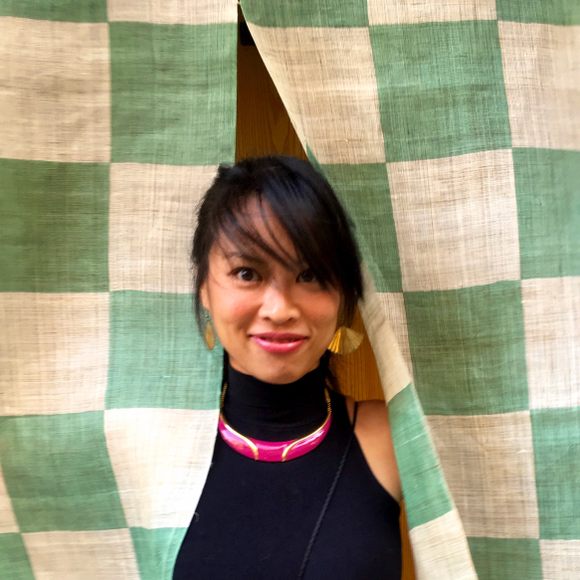

Linh My Truong is an interdisciplinary artist and educator working with textiles, video, and electronics. Through her exploration of the Japanese marbling art of suminagashi and her penchant for hard geometric forms, her work finds a place between chaos theory and an ordered universe. Her application of technology allows for the usage of light to create immersive art installations, bringing traditional art forms into the 21st century.




